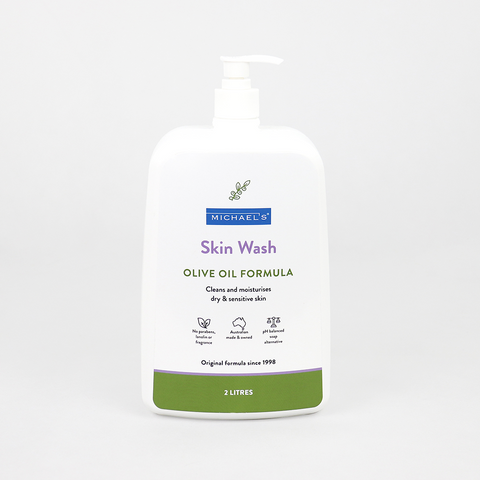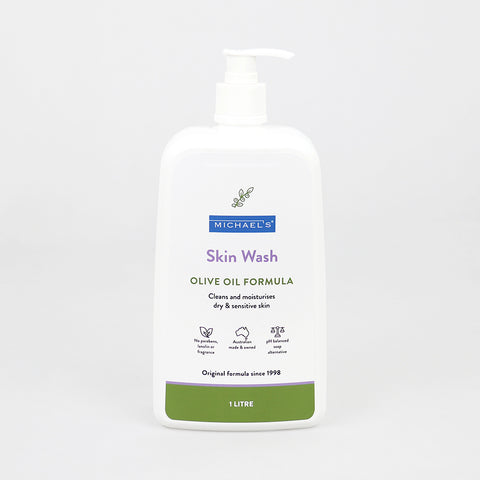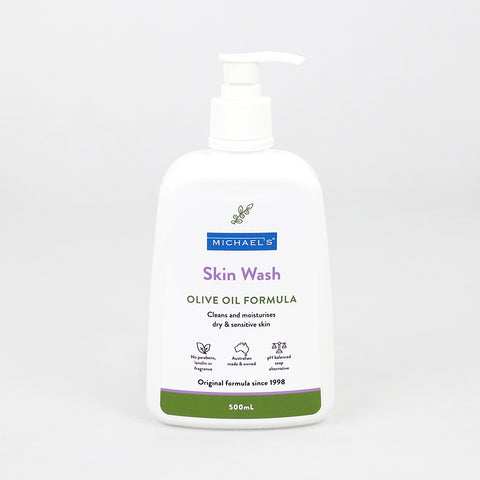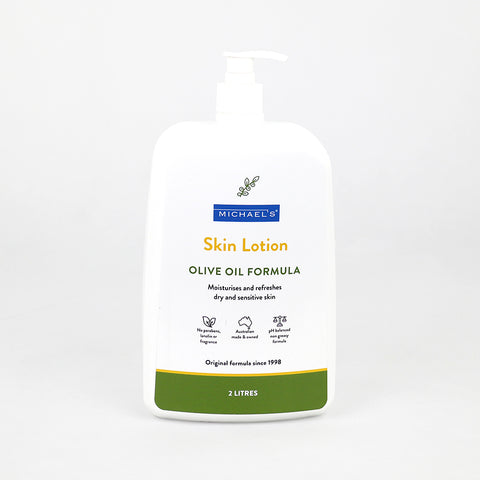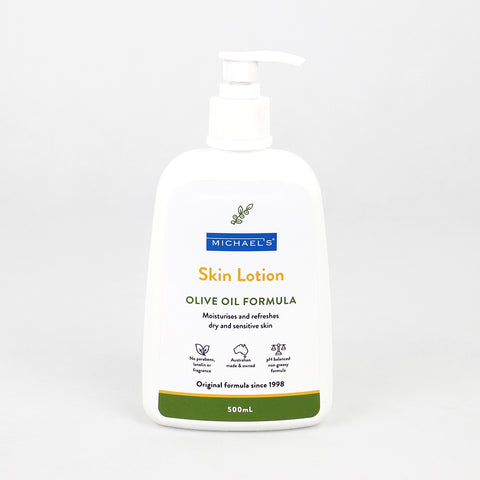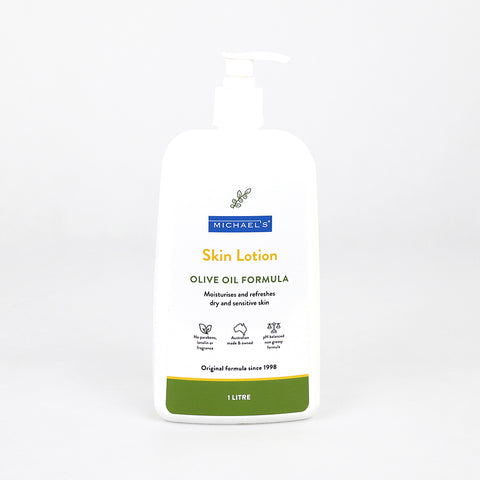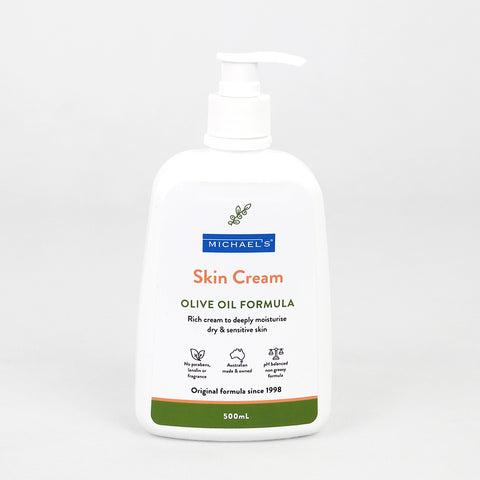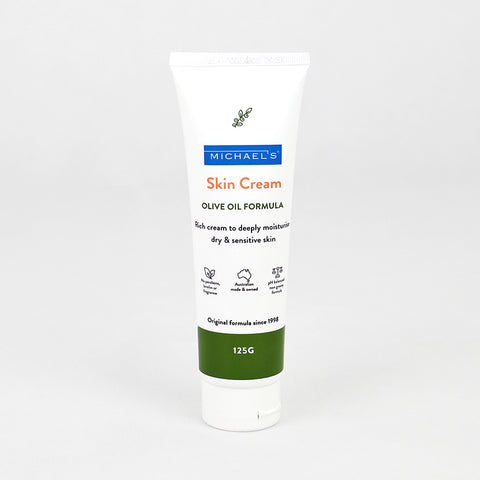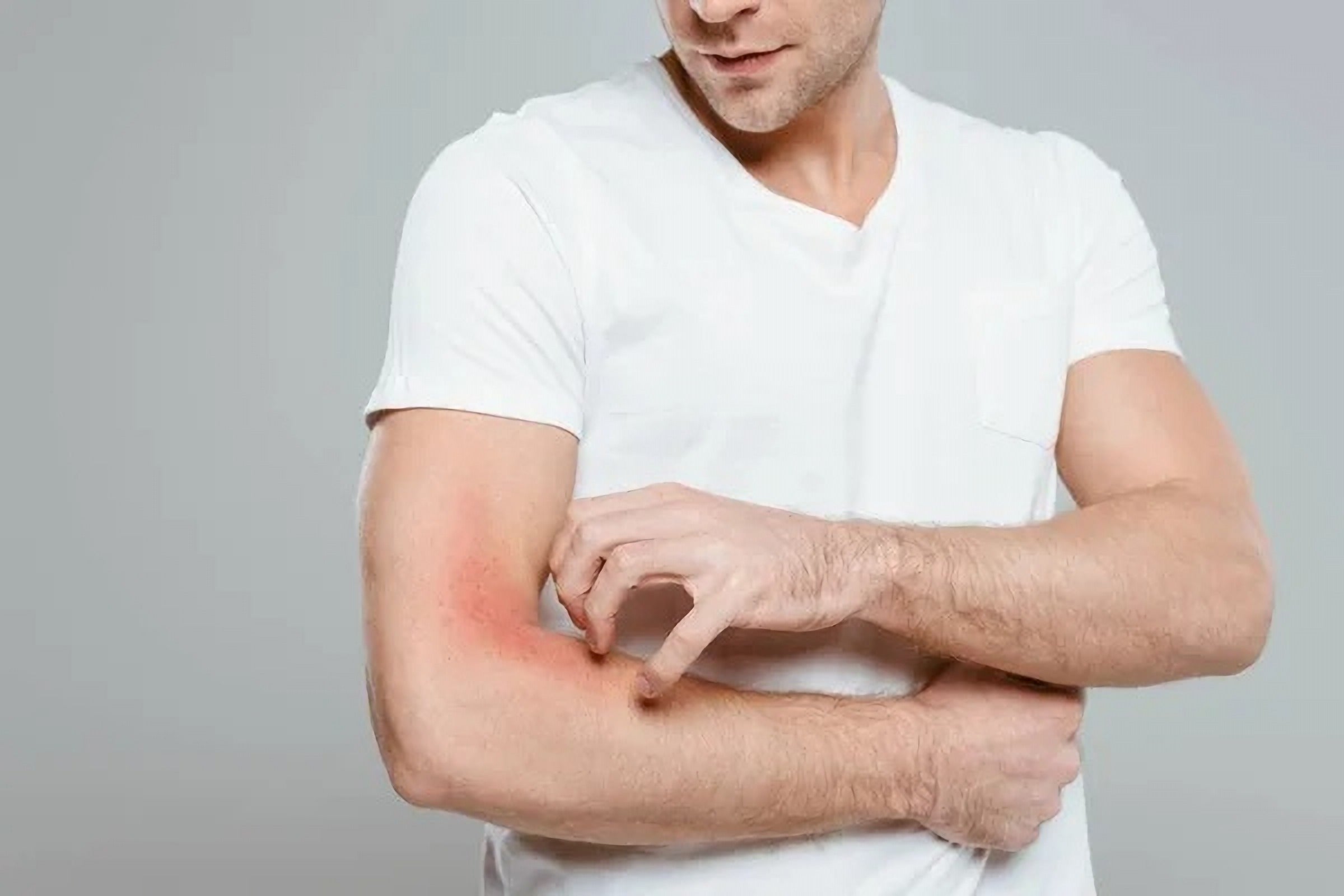
What Is Eczema
Eczema, or atopic dermatitis, is a chronic inflammatory skin condition which is commonly inherited and seen in early childhood. It can become apparent as patches of red skin which are scaly and itchy. Eczema is not contagious.
It is caused by the inability of the body to repair damage to the skin barrier. This occurs due to a mutation in the gene called filaggrin. Normally, every cell in the skin has two copies of the filaggrin gene. However, those who experience eczema only have one copy of this gene.
The lack of a proper skin barrier leads to loss of moisture, which can create dry and scaly skin. Furthermore the lack of a protective barrier leads the skin to be more sensitive to environmental allergens, leading the immune system to create inflammation on the skin.
Common Triggers of Eczema
Contact with irritants in the environment: This includes hygienic products such as soaps, detergents & disinfectants; pollen, moulds, pets bacteria, viruses & fungi.
Excessive Heat: which can irritate the skin and increase itchiness
allergic reaction to particular foods: very rare, but can be found in cases of infants under the age of one. Swelling and redness around the lips within minutes of ingesting the offending food is the common symptom of this trigger.
Managing Eczema
Good hygiene: Having eczema can make your skin more prone to contracting infection. Thus, good hygiene is paramount in any eczema case. Avoid extremely hot or cold water when washing and as stated below, be cautious with your choice of products.
Avoid soap: Many commercial soaps contain harsh chemicals which will only further irritate the skin. Thus many eczema sufferers opt for a soap-free alternative which is much gentler on the skin.
Avoid fragrance: Fragrance often contains a concoctions of undisclosed chemicals which can trigger eczema outbreaks. Thus, fragrance free skincare could be beneficial to eczema sufferers.
Moisturise: Without the skin’s full protective function, it is important to provide the skin with the moisture it needs. Furthermore, by moisturising, you can create an additional protective layer to help reduce the effects of external environmental triggers.
Diet: In most cases, eczema isn’t caused or made worse by diet. If you notice that your eczema seems to get worse after eating a particular food, you may be an exception to this. See your doctor or dietitian for proper allergy testing and dietary advice.

